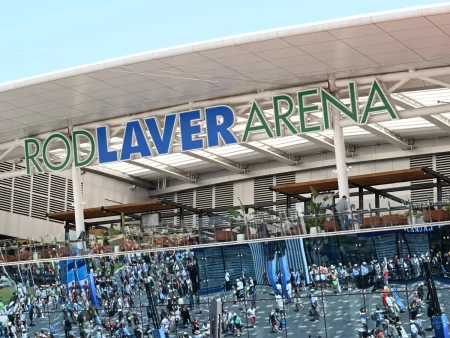The Betting Control and Licensing Board (BCLB) of Kenya has introduced sweeping new regulations targeting gambling advertisements across the country. One of the most notable changes is the restriction on celebrities, influencers, and content creators. The new regulations now prohibit them from advertising or endorsing gambling services. This is a move that remarkably changes the marketing landscape for betting operators.

The announcement comes as the BCLB lifted a 30-day suspension on all gambling advertisements. The authorities placed the suspension pending a regulatory review. The Board operates under the Office of the President. It stated that the revised rules target to curb rising rates of gambling addiction and protect vulnerable populations, specifically minors.
Gambling ads must now go through a two-stage approval process under the updated framework. Advertisers must first submit their content to the BCLB for licensing verification. They must then forward it to the Kenya Film Classification Board (KFCB) for content classification. Only after receiving approvals from both can the advertisement be aired or published.
The new rules further specify that gambling promotions must not glamorize betting or depict it as a pathway to wealth or social success. The new regulations now entirely prohibit advertisers from using well-known personalities in advertising.
Each ad must now include specific disclosures to make sure that gambling communications promote responsible participation.
The operator must include their BCLB license number, a warning: “Gambling is addictive! Play responsibly!,” an age restriction notice: “Not for persons under 18 years of age,” the name and physical address of the gambling operator, an active customer-care contact, and a statement that the operator is “Authorized and regulated by the Betting Control and Licensing Board.”
Additionally, the regulations restrict any messaging that directly encourages gambling. Authorities prohibit placing advertisements near schools, churches, mosques, shopping malls, or other areas typically visited by children.


